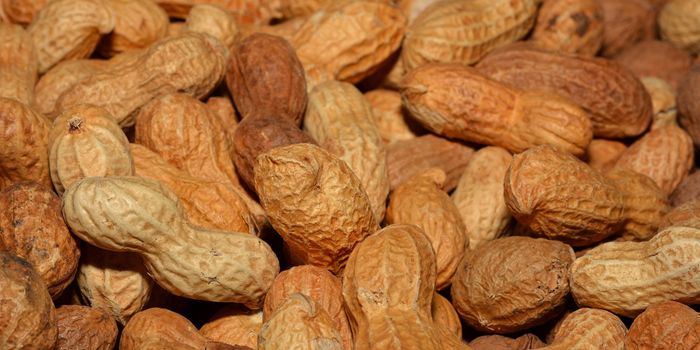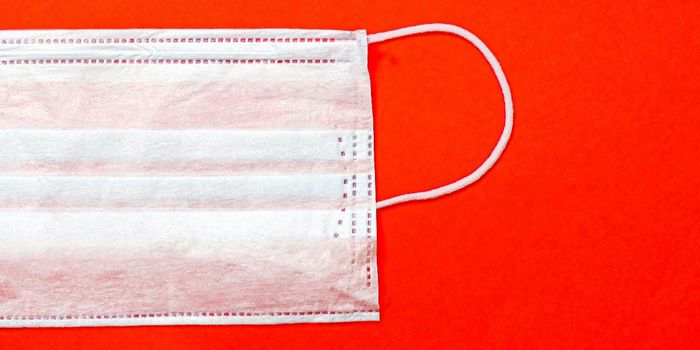A Tale of Two Teas and How They Impact Weight Loss
Weight loss can be a challenge, but staying at a healthy size and BMI is a vital part of staying well. There are all sorts of products that are marketed to those looking to slim down, but it's hard to know what works and what is just hype. Green Tea is often recommended for dieters however researchers at UCLA have uncovered the mechanism of how black tea can change the bacteria in the gut and promote weight loss.
Green tea contains polyphenols. These are absorbed into the bloodstream in the small intestine and create a change in the energy metabolism of the liver. While black tea includes polyphenols as well, the molecules are too large to pass directly into the bloodstream.
The study looked at both green and black tea and found that each tea was able to change the proportion of bacteria in the intestines. In those with lean muscle mass, there is a specific ratio of gut bacteria. The same is true for obese individuals. The each of the tea extracts changed up this balance, increasing the bacteria that promoted lean muscle and decreasing that which was associated with obesity.
While the black tea polyphenols were not absorbed directly as they are in green tea, the mechanism that the research demonstrated is still one that could help with weight loss. Susanne Henning is the lead author of the study and also serves as an adjunct professor at the UCLA Center for Human Nutrition. She explained, "It was known that green tea polyphenols are more effective and offer more health benefits than black tea polyphenols since green tea chemicals are absorbed into the blood and tissue. Our new findings suggest that black tea, through a specific mechanism through the gut microbiome, may also contribute to good health and weight loss in humans. The results suggest that both green and black teas are prebiotics, substances that induce the growth of good microorganisms that contribute to a person's well-being."
In the study, mice were given four different diets, varying in fat and sugar as well as black or green tea extract. All of the mice who were getting tea extract were on high fat, high sugar diets as well. At the end of the study period, which was four weeks, the mice who had gotten either of the teas had dropped to the same weight as the mice who had low-fat diets. Even when consuming a diet with too much sugar and too much fat, the tea was able to impact the weight of the mice. Samples from the large intestines of the mice and tissue taken from the liver also showed less obesity-related bacteria and more of the bacteria that found in lean muscle mass.
There was one thing about the black tea that stood out, however. Only the mice that had been given black tea extract showed an uptick in a bacteria called Pseudobutyrivibrio. The team thinks this part of the study is most relevant for future research into treatments for obesity. Check out the video below which has more information on the research as well as other reasons for tea and coffee to be included in a healthy diet.
Sources: UCLA, European Journal of Nutrition, Psychology Today, Psychology Today









